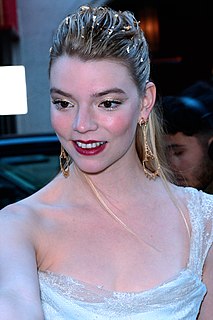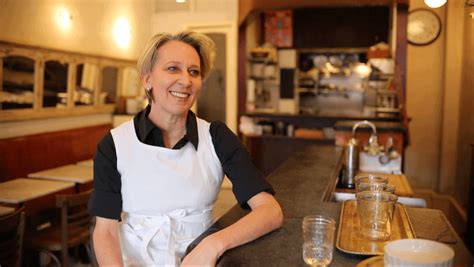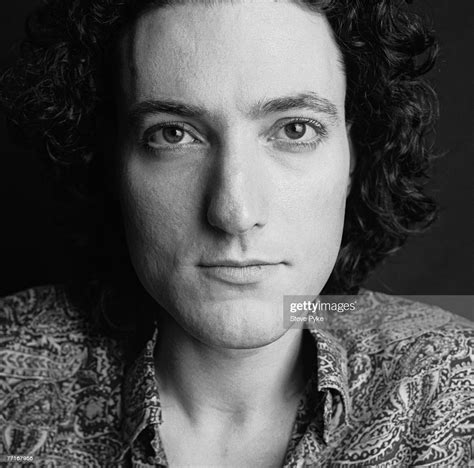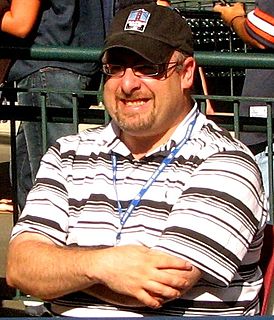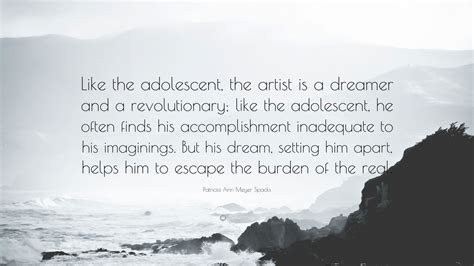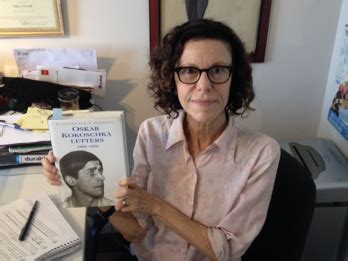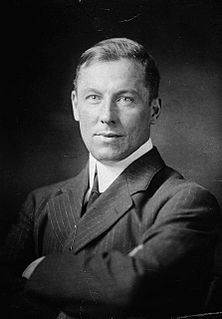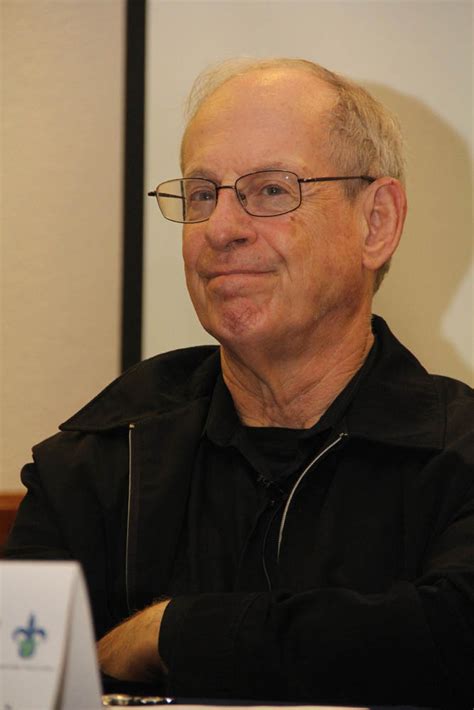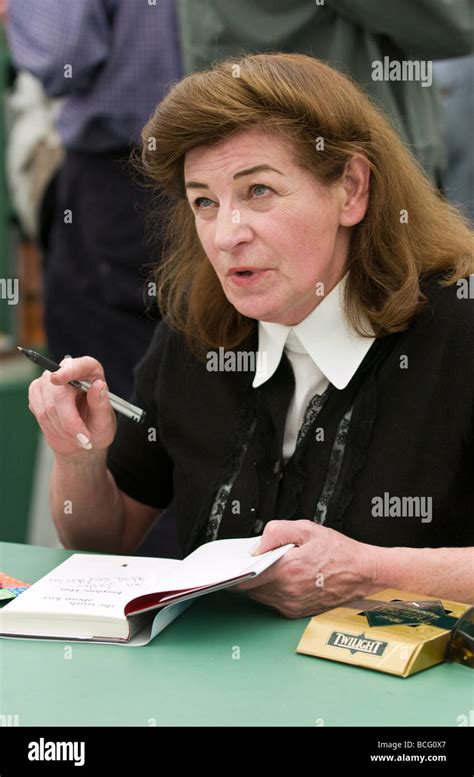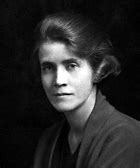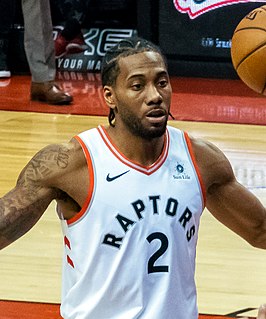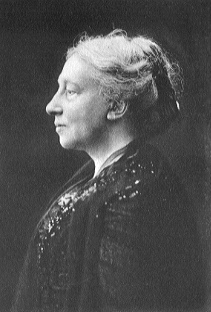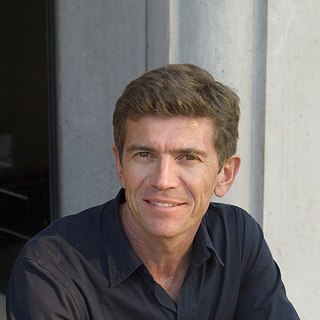Top 1200 Poetry Reading Quotes & Sayings - Page 11
Explore popular Poetry Reading quotes.
Last updated on November 15, 2024.
I would read the Shel Silverstein poems, Dr. Seuss, and I noticed early on that poetry was something that just stuck in my head and I was replaying those rhymes and try to think of my own. In English, the only thing I wanted to do was poetry and all the other kids were like, "Oh, man. We have to write poems again?" and I would have a three-page long poem. I won a national poetry contest when I was in fourth grade for a poem called "Monster In My Closet.
I got scouted for modeling on the street. I'm such a tomboy - still am. I just never thought about modeling before, but I thought, 'Ooh, interesting, similar world, perhaps it's a way into something.' Then, I was on my third photo shoot ever, and Adam Leech from 'Downtown Abbey' saw me reading poetry and asked me to recite some.
The reader reads aloud, with a sing-song up … then down … then down again cadence. My mood shifts from merely reluctant to derisive. It’s a tired reading style. I’m sick of it. It attaches more importance to the words than the words themselves—as they’ve been arranged—could possibly sustain, and it gives poets and poetry a bad name.
I don't think I ever had a morning where I woke up and said I'm going to be a professional poet. I know I've always loved poetry, I've always loved writing poetry and I've always loved sharing poetry. I've also always known that I wanted that to somehow be a very large part of my life and I'm very fortunate that it's such a large part of my life.
Reading activates and exercises the mind. Reading forces the mind to discriminate. From the beginning, readers have to recognize letters printed on the page, make them into words, the words into sentences, and the sentences into concepts. Reading pushes us to use our imagination and makes us more creatively inclined.
There is an idealism associated with poetry I would not dispel but question. It doesn't change anything except within. It shifts your insides around. Poetry is not going to reach the numbers of people by which we commonly consider a large audience. It just isn't a stadium-filler. It could still galvanize people during a crisis, but let's just say there are two points at which poetry is indispensable to people - at the point of love and the point of death. I'll second that emotion.
I have just been to a city in the West, a city full of poets, a city they have made safe for poets. The whole city is so lovely that you do not have to write it up to make it poetry; it is ready-made for you. But, I don't know - the poetry written in that city might not seem like poetry if read outside of the city. It would be like the jokes made when you were drunk; you have to get drunk again to appreciate them.
A trouble with poetry is the presence of presumptuousness in poetry, the sense you get in a poem that the poet takes for granted an interest on the reader's part in the poet's autobiographical life, in the poet's memories, problems, difficulties and even minor perceptions. I try to presume that no one is interested in me. And I think experience bears that out. No one's interested in the experiences of a stranger - let's put it that way. And then you have difficulty combined with presumptuousness, which is the most dire trouble with poetry.
It is a shallow criticism that would define poetry as confined to literary productions in rhyme and meter rhythm. The written poem is only poetry talking, and the statue, the picture, and the musical composition are poetry acting. Milton and Goethe, at their desks, were not more truly poets than Phidias with his chisel, Raphael at his easel, or deaf Beethoven bending over his piano, inventing and producing strains, which he himself could never hope to hear.
THE WRITER can get free of his writing only by using it, that is, by reading oneself. As if the aim of writing were to use what is already written as a launching pad for reading the writing to come. Moreover, what he has written is read in the process, hence constantly modified by his reading. The book is an unbearable totality. I write against a background of facets.
I suppose I could read more fiction, but I haven't moved in that direction. I'd like more time even though I spend six hours a day reading. People say their eyes get tired, but I've never experienced that. In college I used to read 10 hours a day. My wife says I'm obsessive compulsive. She might have a point because when I was an undergrad student we had the required reading list and the suggested reading list. I always read all the suggested reading too.








